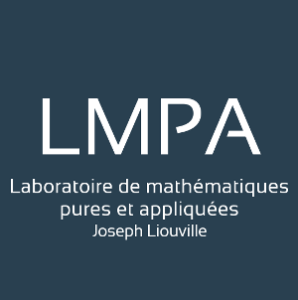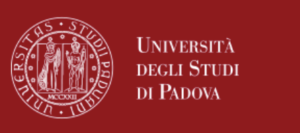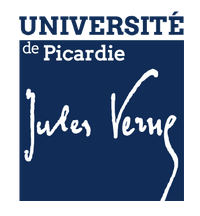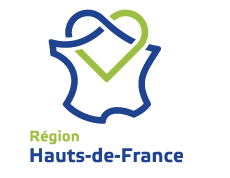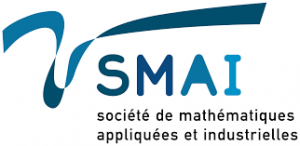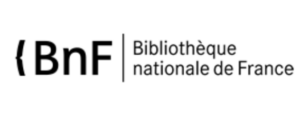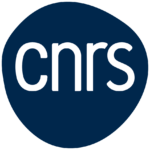CONFERENCE
Numerical Linear Algebra
Algèbre Linéaire Numérique
16 – 20 September, 2024
Scientific Committee
Comité scientifique
Zélia Da Rocha (University of Porto)
Gérard Meurant (CEA)
Silvia Noschese (Sapienza University of Rome)
Lothar Reichel (Kent State University)
Françoise Tisseur (University of Manchester)
Organizing Committee
Comité d’organisation
Claude Brezinski (Université de Lille)
Jean-Paul Chehab (Université de Picardie Jules Verne)
Michela Redivo-Zaglia (University of Padua)
Giuseppe Rodriguez (University of Cagliari)
Hassane Sadok (Université du Littoral Côte d’Opale)
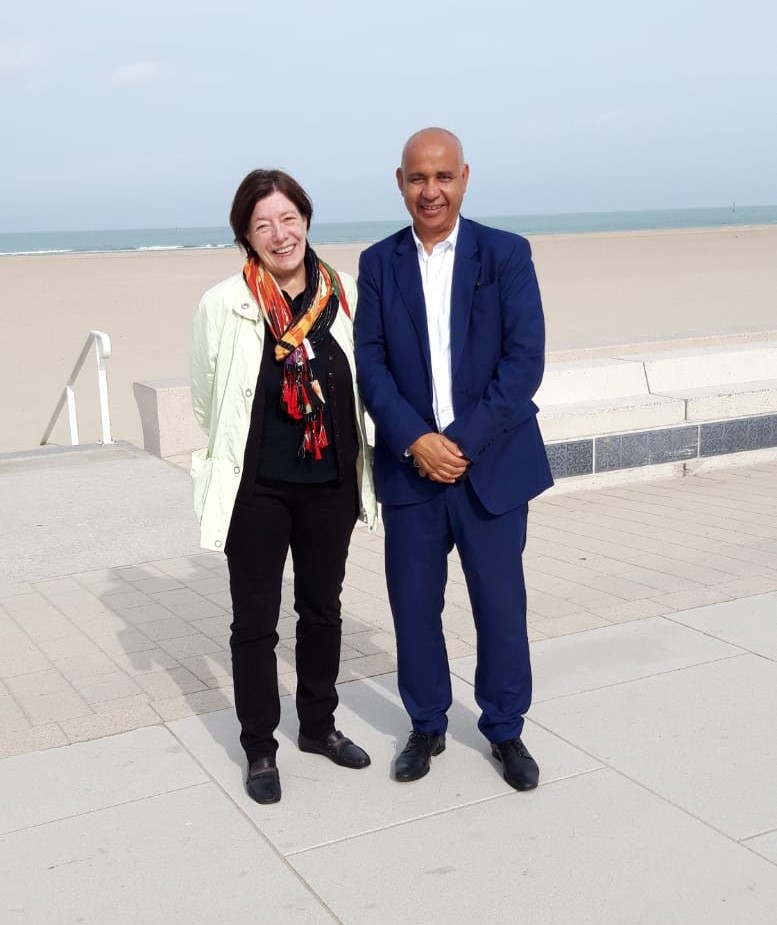
This meeting is dedicated to Michela Redivo-Zaglia for her birthday and her retirement.
We will also celebrate the 65th anniversary of Hassane Sadok
The purpose of this meeting is to bring together recognized international experts, young researchers, postdocs and Ph.D. students working on and around the methods of Numerical Linear Algebra. Linear algebra is central to many questions in numerical analysis and scientific computing. Numerical methods and linear algebra algorithms have a fundamental role in applied mathematics for the approximate solution of problems in various branches of science as well as in engineering.
The design of new algorithms and the improvement of existing ones are the subject of current studies. Their efficient implementation on different types of computer architectures is essential for their success, especially for large computations. Writing libraries of programs for the public domain is also part of the work to be done.
The most recent developments in numerical linear and multilinear algebra including tensor and quaternion analysis, graph theory, methods and techniques for Data Science, low rank approximation, Hadamard matrices, stochastic methods, machine learning, etc., will be treated.
The most relevant aspects of the domain will also be covered: linear algebra, matrix analysis and approximation theory. The history of numerical linear algebra interests many researchers. Besides its intrinsic interest, the rediscovery of old and forgotten methods has led to recent advances.
As can be verified by consulting the latest publications in this field, these are often co-authored by researchers from different countries, which shows the important impact that meetings like this one can have on the development of international research between universities, research centers, and industries.
Le but de cette rencontre est de rassembler des experts internationaux reconnus, des jeunes chercheurs, des postdocs et des thésards travaillant sur et autour des méthodes d’Algèbre Linéaire Numérique.
L’algèbre linéaire est au centre de nombreuses questions d’analyse numérique et de calcul scientifique. Les méthodes numériques et les algorithmes d’algèbre linéaire ont un rôle fondamental en mathématiques appliquées pour la résolution approchée de problèmes dans diverses branches des sciences ainsi qu’en ingénierie.
La conception de nouveaux algorithmes et l’amélioration de ceux existants sont le sujet d’ études actuelles. Leur mise en œuvre efficace sur différents types d’architectures d’ordinateurs sont essentiels pour leur succès, en particulier pour les grands calculs. L’écriture de bibliothèques de programmes pour le domaine public fait également partie du travail à effectuer.
Les développements les plus récents en algèbre linéaire et multi-linéaire numérique incluant l’analyse des tenseurs et des quaternions, la théorie des graphes, les méthodes et techniques de la science des données, l’approximation de rang faible, les matrices d’Hadamard, les méthodes stochastiques, l’apprentissage par machine, etc., seront traités. Les aspects les plus pertinents du domaine seront également abordés: algèbre linéaire, analyse matricielle et théorie de l’approxi-mation. L’histoire de l’algèbre linéaire numérique intéresse de nombreux chercheurs. Outre son intérêt intrinsèque, la redécouverte de méthodes anciennes et oubliées a permis des avancées récentes.
Comme on peut le vérifier en consultant les dernières publications dans ce domaine, celles-ci sont souvent co-signées par des chercheurs de différents pays ce qui montre l’impact important que les rencontres comme celle-ci peuvent avoir sur le développement de la recherche internationale entre universités, centres de recherche et industries.
SPEAKERS
A selection of papers corresponding to the talks presented at this conference will be published as a special issue of the journal Numerical Algorithms.





